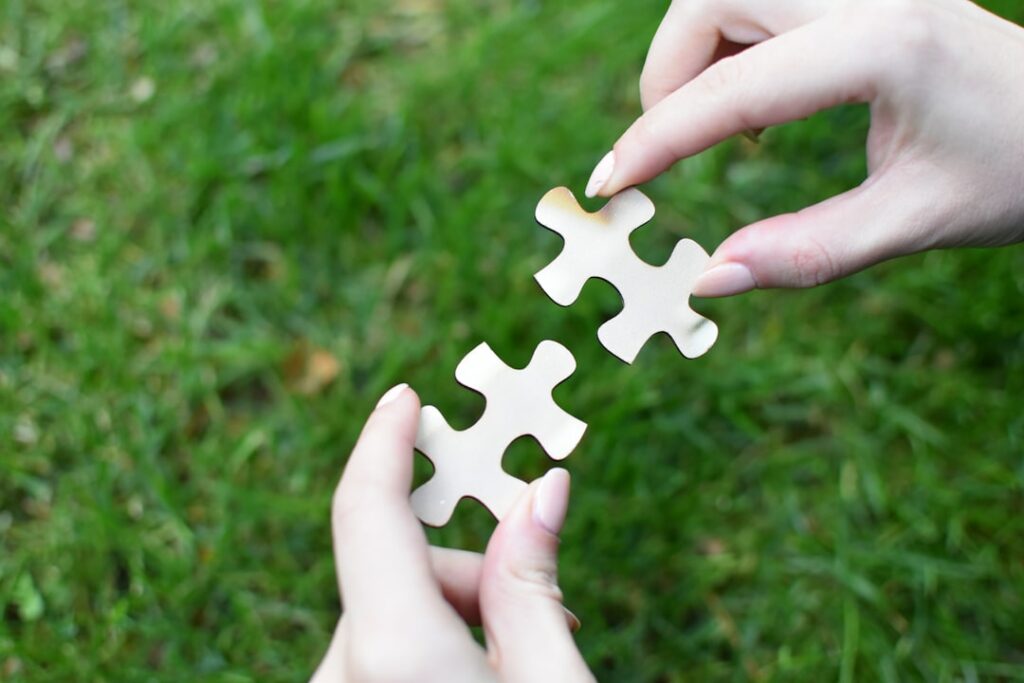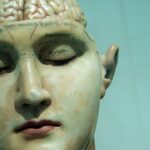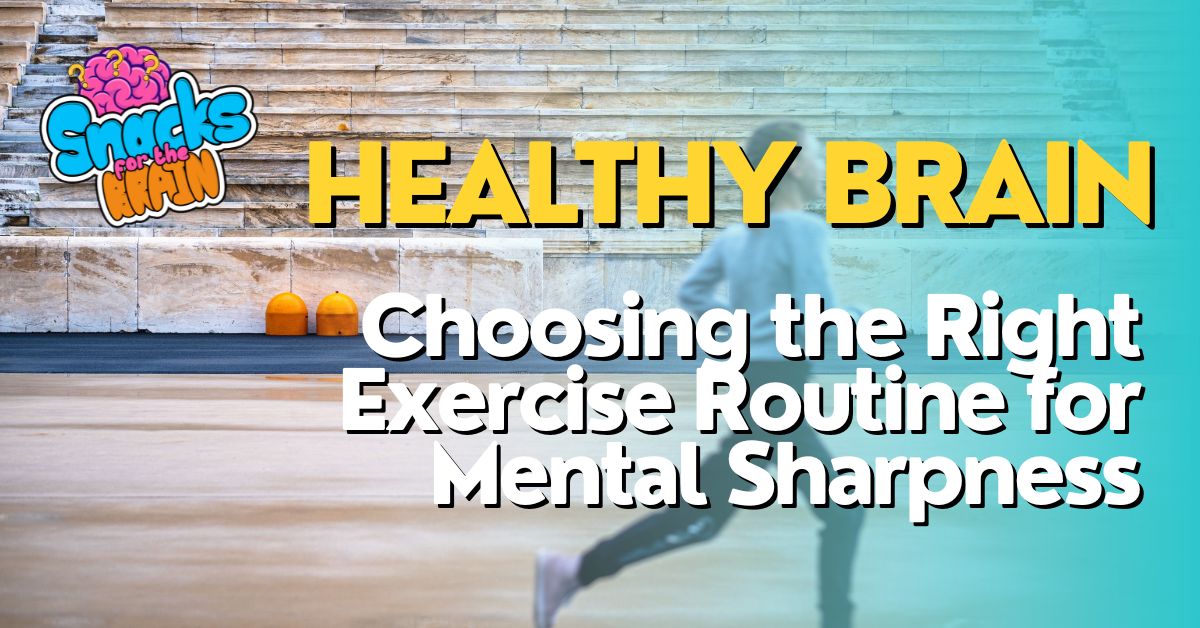Puzzles and games have been a part of human culture for centuries, providing entertainment, mental stimulation, and a sense of accomplishment. From ancient board games like Senet in Egypt to modern-day Sudoku and crossword puzzles, people have always been drawn to the challenge and satisfaction of solving problems and strategizing. Puzzles and games come in various forms, including jigsaw puzzles, word games, logic puzzles, card games, and strategy games. They can be enjoyed individually or with others, making them a versatile and accessible form of entertainment for people of all ages. Whether it’s a leisurely activity on a lazy afternoon or a competitive game night with friends and family, puzzles and games offer a wide range of benefits beyond just passing the time.
Puzzles and games are not only enjoyable pastimes but also valuable tools for cognitive development. They engage the brain in critical thinking, problem-solving, and decision-making, which can have a positive impact on various aspects of cognitive function. In this article, we will explore the cognitive benefits of puzzles and games, including their role in improving problem-solving skills, enhancing memory and cognitive function, building critical thinking and planning abilities, and reducing stress. Additionally, we will discuss how incorporating puzzles and games into daily routines can contribute to overall cognitive health and well-being.
Key Takeaways
- Puzzles and games are not only entertaining but also beneficial for cognitive health.
- Engaging in puzzles and games can improve problem-solving skills.
- Puzzles and games can enhance memory and cognitive function.
- Playing puzzles and games can help build critical thinking and planning abilities.
- Incorporating puzzles and games into daily routine can reduce stress and improve cognitive health.
The Cognitive Benefits of Puzzles and Games
Improving Problem-Solving Skills
Puzzles and games are excellent for improving problem-solving skills as they require the player to analyze the situation, consider different options, and make strategic decisions. Whether it’s figuring out the next move in a chess game or finding the missing piece in a jigsaw puzzle, these activities challenge the brain to think critically and creatively. By regularly engaging in puzzles and games, individuals can develop their ability to approach problems from different angles, consider various solutions, and make informed decisions. This can be particularly beneficial in real-life situations where problem-solving skills are essential, such as in the workplace or when facing personal challenges.
Enhancing Memory and Cognitive Function
Engaging in puzzles and games can also have a positive impact on memory and overall cognitive function. Many puzzles and games require players to remember rules, patterns, and strategies, which can help strengthen memory retention and recall. For example, memory-based card games like Concentration or matching games can help improve short-term memory and attention to detail. Additionally, puzzles that involve pattern recognition or spatial reasoning, such as jigsaw puzzles or Tetris, can enhance cognitive function by challenging the brain to process visual information and make connections between different elements. As a result, regular engagement in these activities can contribute to maintaining cognitive function and reducing the risk of cognitive decline as individuals age.
Building Critical Thinking and Planning Abilities
Critical Thinking
Puzzles and games are effective tools for building critical thinking skills by requiring players to analyze information, evaluate options, and make reasoned judgments. Whether it’s solving a complex Sudoku puzzle or navigating through a strategy game, individuals are constantly challenged to think critically and logically. This process of critical thinking involves identifying patterns, making connections, and considering the implications of different choices. By regularly engaging in puzzles and games, individuals can develop their ability to think critically in various contexts, which can be beneficial in problem-solving, decision-making, and reasoning.
Planning Abilities
Many puzzles and games also require players to plan ahead and consider the consequences of their actions. Strategy games like chess or Settlers of Catan, for example, involve long-term planning and adapting to changing circumstances. By engaging in these activities, individuals can develop their ability to anticipate future events, weigh different options, and make strategic decisions. This can be particularly valuable in developing skills related to time management, organization, and goal-setting. Overall, puzzles and games provide an excellent platform for individuals to practice critical thinking and planning abilities in a fun and engaging way.
The Role of Puzzles and Games in Stress Reduction
Puzzles and games can also play a significant role in stress reduction by providing a mental escape from daily pressures and worries. Engaging in these activities allows individuals to focus their attention on the task at hand, diverting their thoughts from stressors and promoting relaxation. The immersive nature of puzzles and games can create a state of flow, where individuals become fully absorbed in the activity and experience a sense of enjoyment and fulfillment. This can lead to a reduction in stress levels and an overall improvement in mood.
Furthermore, puzzles and games can serve as a form of mindfulness practice by promoting present-moment awareness and concentration. Whether it’s focusing on finding the next word in a crossword puzzle or strategizing the next move in a game of Scrabble, individuals are encouraged to be fully present in the moment, which can help alleviate stress and anxiety. Additionally, the sense of accomplishment that comes with completing a puzzle or winning a game can boost self-esteem and confidence, further contributing to stress reduction. Overall, incorporating puzzles and games into one’s routine can be an effective way to manage stress and promote mental well-being.
Incorporating Puzzles and Games into Daily Routine for Cognitive Health
Incorporating puzzles and games into daily routines can be an effective strategy for maintaining cognitive health and overall well-being. Whether it’s setting aside time for a daily crossword puzzle or organizing a weekly game night with friends, regular engagement in these activities can have long-term benefits for brain health. Additionally, integrating puzzles and games into daily routines can provide opportunities for social interaction and connection with others, which is important for mental stimulation and emotional well-being.
Furthermore, incorporating puzzles and games into daily routines can help individuals establish a sense of structure and routine, which can contribute to overall mental health. By setting aside time for these activities, individuals can create a balanced approach to leisure and work, promoting a healthy lifestyle. Additionally, engaging in puzzles and games can serve as a form of self-care by providing an opportunity for relaxation, enjoyment, and mental stimulation. Overall, integrating puzzles and games into daily routines can be an effective strategy for promoting cognitive health and overall well-being.
In conclusion, puzzles and games offer a wide range of cognitive benefits that contribute to overall mental well-being. From improving problem-solving skills to enhancing memory retention and reducing stress, these activities provide valuable opportunities for mental stimulation and growth. By incorporating puzzles and games into daily routines, individuals can promote cognitive health while enjoying the many rewards that come with these engaging activities. Whether it’s tackling a challenging puzzle or engaging in a friendly game with others, the cognitive benefits of puzzles and games make them an essential part of a healthy lifestyle.
If you’re interested in improving your cognitive abilities, you may also want to check out this article on choosing the right exercise routine for mental sharpness. Exercise has been shown to have numerous cognitive benefits, and finding the right routine for you can help improve your overall mental function.
FAQs

What are the cognitive benefits of puzzles and games?
Puzzles and games can help improve cognitive skills such as problem-solving, critical thinking, memory, and concentration. They can also enhance creativity and improve spatial reasoning.
How do puzzles and games improve problem-solving skills?
Engaging in puzzles and games requires the player to think critically and strategically to solve problems and overcome challenges, which can help improve problem-solving skills.
Can puzzles and games help with memory improvement?
Yes, puzzles and games can help improve memory by requiring the player to remember patterns, sequences, and rules. This can help strengthen memory retention and recall.
Do puzzles and games help with stress relief?
Yes, engaging in puzzles and games can provide a form of stress relief by allowing the player to focus on the task at hand and take their mind off of other stressors.
What age groups can benefit from puzzles and games?
Puzzles and games can benefit individuals of all ages, from young children to older adults. They can be tailored to different age groups and skill levels to provide cognitive benefits for everyone.






